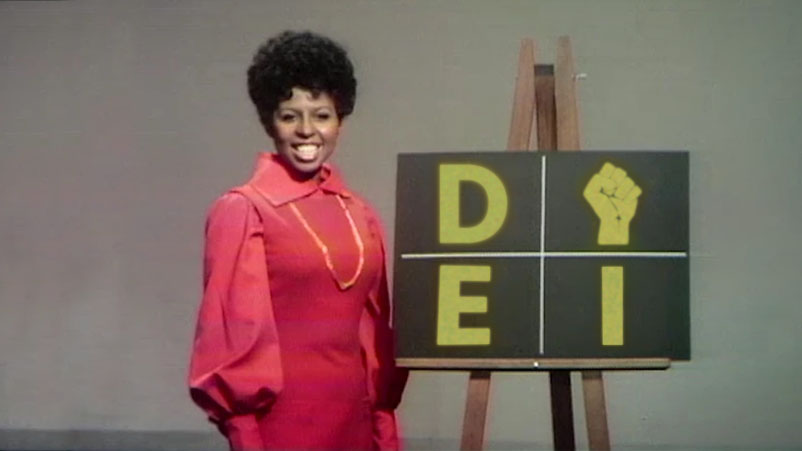By Judie Brown
In the Sesame Street song from ages ago, we heard these words: “One of these things is not like the others.” It was a simple way of teaching young children that being different is okay. But today this concept has taken on a more chilling connotation.
While we think of diversity as a condition that contains different elements, commonly known as variety, a new understanding has redefined the word to mean differences such as race, gender, sexual orientation, economic status, or political preference. Yes, the word has been coopted by cultural elites, including those at Johns Hopkins University, which has its own diversity officer. However, that woman, Dr. Sherita Golden, “stepped down just months after receiving massive blowback for sending out a newsletter calling men, Christians and white people ‘privileged.’”
Without getting into the weeds on this particular case, suffice it to say that the fundamental basis of the events in this case is skewed. Too many in our culture today have taken a single word, redefined it according to political agendas, and used it to punish those who do not tow their phony line.
It is from this muddled attitude toward diversity that we have run up against a brick wall of a phenomenon some call DEI, which stands for diversity, equity, and inclusion. To be honest, we prefer the Catholic alternative of dignity, equality, and solidarity. This may not roll off the tongue as easily, but its meaning reminds us that human beings are equal in the sight of God, created with innate diversity and capable of doing great things in His name.
We see the same beauty in another gift from God—the diversity of nature. Peter Darcy points out that this variety is reflected in the loveliness of a wide array of flowers. Darcy tells us that according to Father Thomas Dubay, one of my favorite spiritual writers, this represents a “divine sense of humor.” Of course, this very wise priest also wrote, “Wonder at reality demands the humility to sit at the foot of a dandelion. The proud are so full of themselves that there is little room to marvel at anything else.”
In other words, diversity is a simple word that can, as is the case with other words, mean what it should or be twisted to mean something else when the elite are doing the defining. This is how we came to a state of confusion when discussing, among other things, simple matters related to a human being’s gender. Under the aegis of a godless intelligentsia, nearly anything can be manipulated, even if the result is pain and heartache.
Take for example the trades plied by Planned Parenthood. The organization tells prospective employees that they “celebrate and encourage diversity in all forms” while at the same time their people are marketing the parts of aborted babies in exchange for the rights to intellectual property!
In case you missed that story, the Center for Medical Progress has obtained actual documents that verify such transactions. What kind of diversity does the marketing of baby body parts represent? The proper word in this case is perverse, not diverse.
Enter the peace of Christ, wherein and through which we discover the true meaning of diversity—a wide array of graces and blessings that await the seeker. As Father Thomas Dubay once said, “The acute experience of great beauty readily evokes a nameless yearning for something more than earth can offer. Elegant splendor reawakens our spirit’s aching need for the infinite, a hunger for more than matter can provide.”
This experience in all its splendor, peace, and spiritual mindfulness provides the only diversity worthy of the human being—the banquet of graces to which each human being is called.
